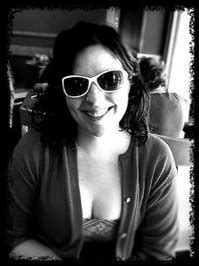A Quote by Norman Rush
It’s a rare reader who doesn’t go to the novel looking for a kind of encouragement to live.
Related Quotes
I'm not entirely sure what a historical novel absolutely has to be, but you don't want a reader who loves a very traditional historical novel to go in with the expectation that this is going to deliver the same kind of reading experience. I think what's contemporary about my book has something to do with how condensed things are.
I absolutely fell in love with David Cristofanos writing. THE GIRL SHE USED TO BE is that rare novel--its the one youve been looking for when you wander the bookstore aisles, hoping to find something that will grab hold of you and not let go. Eloquent, haunting, and totally enthralling, I was swept in from page one.
It is rare, with people who are on television or celebrities or actors - it's rare to go to their house for a party and find they cooked. That's rare. Usually people don't cook for their own parties, and they don't buy their own gifts. There are people that do that, and that is a special thing. Those kind of little human touches are nice.
The book is finished by the reader. A good novel should invite the reader in and let the reader participate in the creative experience and bring their own life experiences to it, interpret with their own individual life experiences. Every reader gets something different from a book and every reader, in a sense, completes it in a different way.
What is a novel? I say: an invented story. At the same time a story which, though invented has the power to ring true. True to what? True to life as the reader knows life to be or, it may be, feels life to be. And I mean the adult, the grown-up reader. Such a reader has outgrown fairy tales, and we do not want the fantastic and the impossible. So I say to you that a novel must stand up to the adult tests of reality.






































